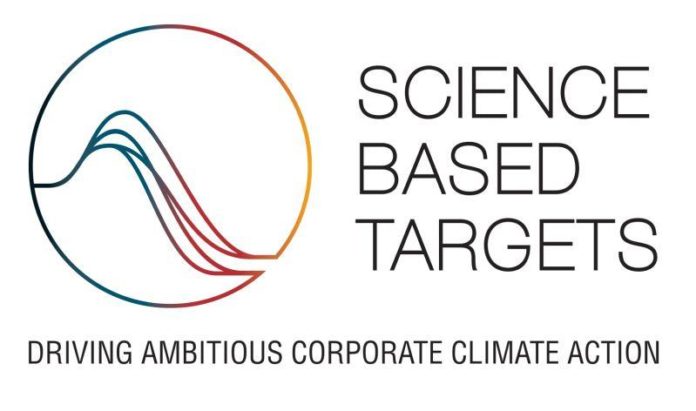Verescence, a global specialist in glass bottles for the perfumery and cosmetics industries, announces that the Science Based Targets (SBTi) initiative1 validated its decarbonation pathway to 2034 and recognized it as compatible with the scenario of limiting global warming to well below 2°C, in accordance with the recommendations of the Intergovernmental Panel on Climate Change (IPCC) and the Paris Climate Agreement.
This trajectory covers both direct CO2 emissions related to the manufacture of bottles (Scope 1) and indirect emissions related to energy consumption (Scope 2), representing more than 60 % of the Group's total emissions combined.
In concrete terms, Verescence is committed to reducing its CO2 emissions by 40 % in absolute terms on scopes 1 & 2 by 2034 compared to the base year 2019.
To achieve this objective, the group has built a plan to reduce CO2 emissions based on several levers, including improving the energy performance of its existing processes, deploying large-scale projects to electrify its furnaces and increasing its annual supply of electricity produced from renewable energy sources. In addition, we are accelerating our eco-design solutions in collaboration with our customers (reusable or refillable glass, PCR glass, etc.).2light glass, etc.).
"We are very pleased with the validation of our CO2 reduction targets by SBTi. This is an independent and scientific approach that is essential in the fight against climate change. We are now one of the first glassmakers in the world to have a decarbonization trajectory in line with the Paris Agreement and aligned with the recommendations of the scientific community. The Group's objective is to become carbon neutral by 2050.says Thomas Riou, CEO of Verescence.
20 million in additional investments to achieve its objectives and also intends to reduce the indirect emissions linked to its value chain (Scope 3) by guiding its suppliers to reduce their carbon footprint.
1 Launched in June 2015, the Science Based Targets (SBTi) initiative is a consortium bringing together the largest international bodies fighting global warming: the CDP (Carbon Disclosure Project), the WRI (World Resources Institute), the WWF (World Wildlife Fund) and the United Nations Global Compact. It aims to encourage companies to set greenhouse gas (GHG) emission reduction targets in line with the recommendations of the scientific community.
2 PCR: Post-Consumer Recycled, recycled glass from local household waste collection.








